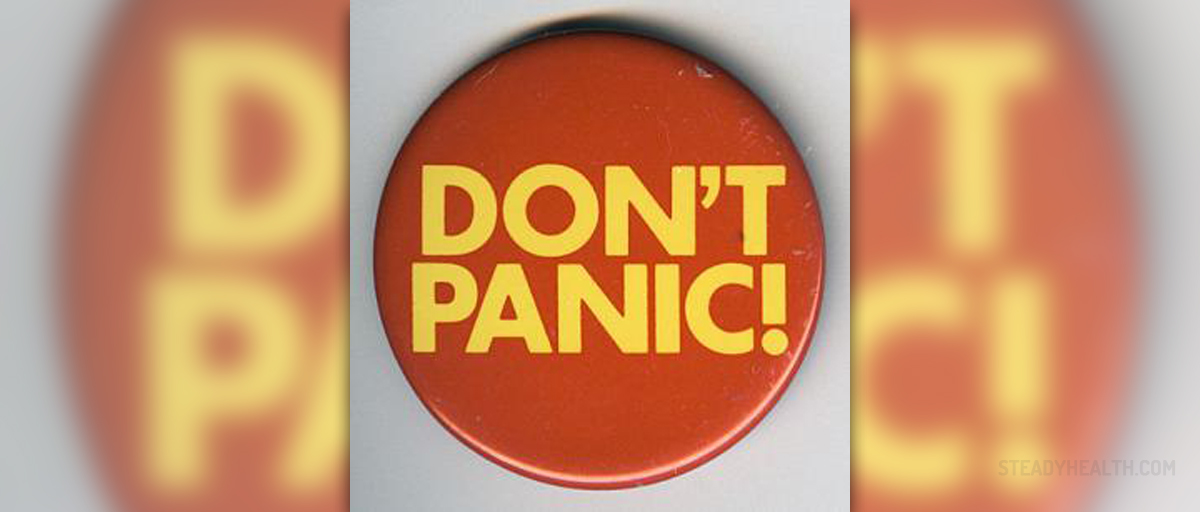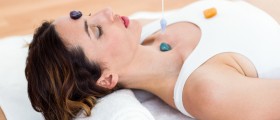
Panic attack
Chronic anxiety disorders may significantly improve by treatment from a skilled homeopathy practitioner. Short episodes of brief anxiety may be treated at home, with the proper remedies.
Use of homeopathic remedies
Homeopathic remedies are always used with a mouth clean from drink, food, tobacco, toothpaste or mouthwash. It is important to allow the remedy to melt slowly in the mouth.
Patients should begin the treatment with 6-x potency and take two tablets every two to four hours contingent upon the severity of the illness.
Once the improvement shows, the patient should increase the intervals between dosages, and when it seems that improvement is making progress, the patient should stop the treatment. Using the remedy more than necessary may lead to recurring symptoms.
Homeopathic remedies for panic attacks
Aconite, also known as Aconitum napellus, is used when the anxiety disorder results from a sudden fright or distress. This kind of panic attack is commonly followed by strong palpitations, short breath, and flushing of the face.
Argentum nitricum, also known as Arg-n, is indicated in anxiety attacks that occur in the expectation of certain big event: job interview, public speech, exam, date…
Arsenicum album, also known as Arsenicum or Ars, is beneficial for patients who are extremely anxious about their health and concerned with order and safety. These patients are most commonly obsessive about details; they are also very neat and in need to be in control of everything. Their attacks most often occur around midnight or early in the morning.
Calcarea carbonica, also known as Calc, is for people who have trouble keeping themselves warm. These patients have sweet cravings and easily get exhausted. In normal circumstances, they are reliable and stabile persons who become overwhelmed from bad health or too much work and start to fear a breakdown. Spatial fears, such as fear of height or claustrophobia, are common for these patients.
Gelsemium, also known as Gels, is best for patients who experience feelings of weakness and psychological dullness, and those whose fear occurs before big and important events. These patients commonly fear of crowds, of falling or of possibility that their heart stops. Their attacks are also followed by chills, perspiration, diarrhea, and headaches.
Ignatia amara, also known as Ignatia or Ign, is for grief shaken patients. Their anxiety results from grief, loss, loneliness, or any other tense emotional experience. Patients may often show defensive mind-set, sighing, and mood swings.
Kali phosphoricum is for patients worn out by work or illness. These patients often suffer from insomnia and have difficulties to concentrate. They are extremely tense and oversensitive.













,-Asthma-And-Anxiety_f_280x120.jpg)



Your thoughts on this
Loading...